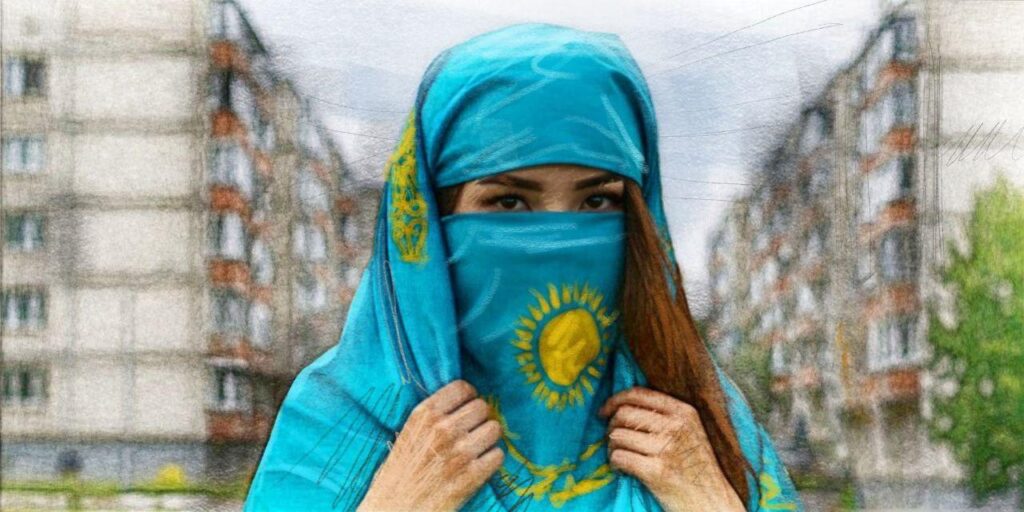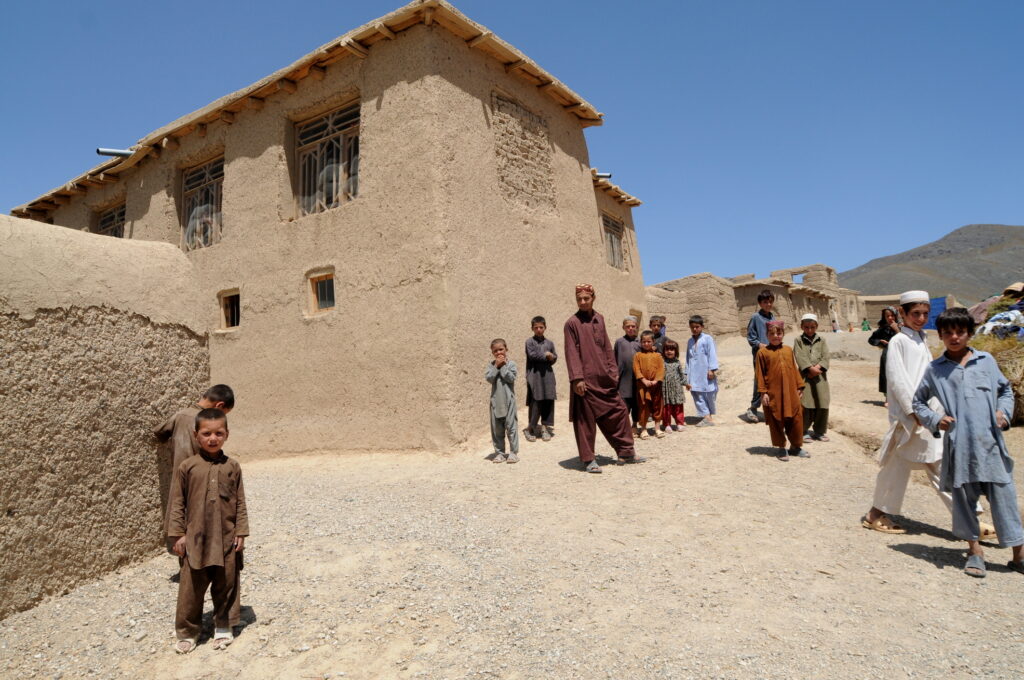DUSHANBE (TCA) — The Supreme Court of Tajikistan has put the leader of the banned Islamic Renaissance Party of Tajikistan (IRPT) on trial in absentia, RFE/RL’s Tajik Service reports.
Supreme Court Chairman Shermuhammadi Shohiyon told reporters on February 1 that Muhiddin Kabiri’s trial “is taking place in secret.”
Charges against Kabiri include terrorism and involvement in what the government says was an armed attempt to seize power, led by a mutinous general, in September 2015.
Kabiri, who is in self-imposed exile abroad, denies any wrongdoing or involvement in the violence.
The Supreme Court branded the IRPT a “terrorist organization” and outlawed it later in September 2015, following the violence and months of government pressure on the party members.
The IRPT was the only officially-registered Islamic party in Central Asia.
Kabiri, 52, became the head of the IRPT in 2006 and was elected twice to parliament in the Central Asian country. He left the country shortly after his party lost its two parliamentary seats in March 2015 elections.
In 2017, Tajikistan amended legislation to let courts try and sentence suspects in absentia. Last week, a court in the southern Khatlon Province said it sentenced a former IRPT official to 15 years in prison after a trial in absentia.
Human rights groups have condemned Tajikistan’s treatment of the IRPT and its former leaders.









